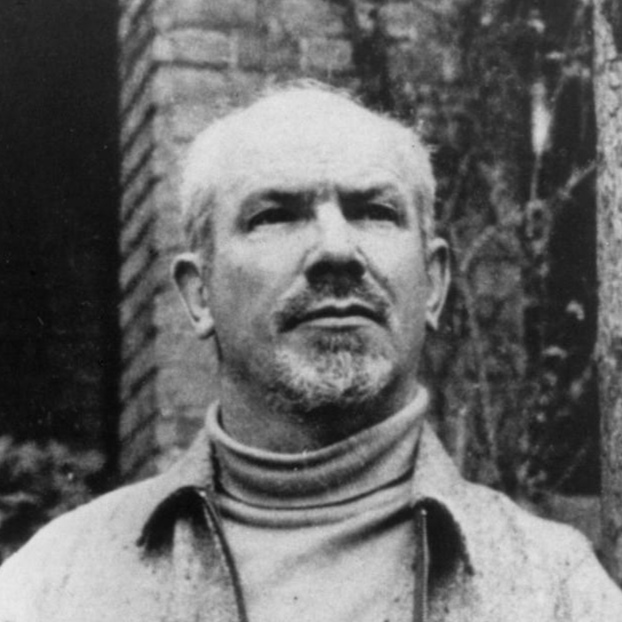Lemmygrad is not a large website. The statistics on the sidebar shows that it has around 10.5k users, with this number being considerably smaller in regards to its active users, with 1.11k users using the website in the last 6 months and half than that in the last month, with 591 users.
That is perfectly okay: the concept of a small, tight-knit community of active users with shared interests who can recognize each other frequently by name is an appealing one. However I personally think that on a site with a membership so small one should stop to think, before creating a community centered around certain topic, about the chances that exist for such to attract enough users and grow to the point needed to maintain a certain life. I would have imagined that it should be a matter of common sense, but it seems not everyone gets it, and as a result, Lemmygrad ends up full of extremely niche communities that have either no posts nor users except its creators or recieve content solely from these ones.
We have seven communities dedicated to Australian cities, all of them created by the same user and all of them without one single post. We have a community for clarinetists. We have a community dedicated to The Critic. We have whatever this thing is. Most recently we got a new community for Maltese communists, which with all due respect, as a country with little more than half a million people, it has absolutely zero chance of catching on in the slightest and is going to become either another abandoned community or someone’s own personal blog (of which we already have our fair share).
The list goes on and on and all of these are just examples. I am not asking these specific ones to be removed: I am just using them to point out a problem that makes the section of Trending Communities irrelevant and unusable and the List of Communities tab completely unnavigable, amongst others, as well as to make the case that we need new policy in regards to the creation of communities and/or the elimination of those who become either abandoned or populated solely by their creator.


I think we can make a list of inactive communities and remove them. If the communities are made by fairly active users, we can contact them to discuss the removal of the community.
Seems best to:
Avoids mod work on the front end (compared to some system of applying for comms) and after 6-12 months your comm has either caught on or it hasn’t.
Instead of deleting the comms, how about replacing all the mods with a token account and turning on “Only moderators can post to this community”? As of now I think that’s the only way to “close” a comm without removing access to it. People would still be able to comment on existing posts, which isn’t ideal but I doubt would be a significant issue.
That solves nothing. Not removing them keeps the Communities tab full of irrelevant communities, and to lock them while keeping access to them makes the problem even worse by killing any possible engagement they could have, even if extremely remote. At that point it is simply hoarding for no reason.
If you want to clean up, you need to delete the comms.
It’s not for no reason; it’s for the purposes of not not deleting content. It’s a question of whether one values a “clean” /communities page over retaining our past posts. In cases where a community never really even got off he ground, I think the answer is pretty straightforward, but less so if it has a fair amount of content.
Mot of these communities have content with little to no preservation value. If you want to preserve them for any reason nonetheless, there’s always the Wayback Machine for that.
I hope the Internet Archive survives the cost of its lawsuit. If it doesn’t, the loss of the Wayback Machine will be major blow to media preservation.
okbuddycapitalist has 2 posts
Like I said, comms like that sound like no-brainers.
ok and to be fair one of them is pretty funny